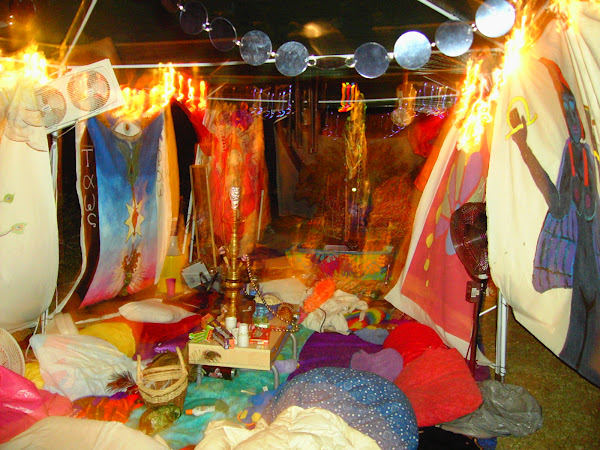What are we to make of the crayon palimpsest of Bohemian subcultures, each one scrawling its boast over the lyrics of a previous generation, creating colorful forms that, while new, remain indebted to older eccentricities? The true iconoclast is something rare. Instead, it’s all too common for the avant garde to pillage its predecessors, sometimes with a sly wink and satirical flourish. In this way, what once was obscure is revealed in a new form or even popularized. Rock & Roll is struck from old Blues. Punk attitude owes much to the irreverence and DIY approach of old jug bands and forgotten roots music.
Is that the train that they speak of
The one I heard in my younger days
All great bluesmen have rode her
I'm jumping up gonna ride that train.
This from “Version City” by The Clash; here and there are nods to tradition, admissions of musical mummery, and signs of transitional forms. Following the punk genealogy set forth by Jeffrey Lewis, we find two precursors of punk that seem unlikely at first blush: The Holy Modal Rounders and The Fugs.
"The Rounders were the first really bent traditional band. And the first traditionally-based band that was not trying to sound like an old record," Pete Stampfel explained to Folk Roots in 1995. Together with Steve Weber. Stampfel formed the nucleus of a collection of bands real, imagined and loosely associated: MacGrundy’s Old Timey Wool Thumpers, The Strict Temperance String Band of Lower Delancey Street, The Temporal Worth High Steppers, The Motherfucker Creek Babyrapers and The Hoochie Koochie Dream Band among many others. The two met in 1963 and started gigging. Their first album, The Holy Modal Rounders, came out in 1964 and boasts the first use of the word “psychedelic” in pop music lyrics. In a natural twist of fate, the two played with The Fugs briefly in 1965.
The Holy Modal Rounders offer an interesting glimpse of musical mutation as an agent, or perhaps symptom, of sub cultural change. Their first two albums were comprised of covers of old standards, most, if not all, from Harry Smith’s Anthology of American Folk Music, which boasted a cover by occultist Robert Fludd and selections from the dawn of electronic recording. Smith was a most peculiar man and a famous Thelemite who, though not a member of the occult Ordo Templi Orientis, was nevertheless consecrated as a Bishop in the Ecclesia Gnostica Catholica in 1986. In addition to being an occultist and ethnomusicologist, he was also a painter and renowned experimental film-maker. Perhaps cognizant of his own role as musical catalyst, when he received a Chairman’s Merit Award at the Grammy Awards ceremony he said,” "I'm glad to say my dreams came true. I saw America changed by music."
Pete Stampfel and Pete Weber, the original duo at the core of The Holy Modal Rounders, were no strangers to musical eccentricity. It might be safe to suggest that they were a vital part of the chain of transmission from Harry Smith in changing America through music.
In October 1962 whilst in New York, Stampfel played with Tiny Tim and Phil Ochs at a Greenwich Village Club called The Third Side. Stampfel and Weber met in New York in March 1963 and they started to gig as a duo at places like The Cafe Flamenco and The Playhouse Theatre under a series of bizarre names like the Total Quintessence Stomach Pumpers
In the period that followed Stampfel formed The Hoochie Koochie Dream Band and then, in late 1974, The Unholy Modal Rounders, who together with Michael Hurley and friends recorded the Have Moicy album, which was one of their better efforts and superior to Last Round, which was actually recorded in 1976.
There is a sort of anarchic heathen energy in the music of the Holy Modal Rounders. Even as their music is firmly rooted in the wildness found in the Smith anthology and elsewhere, their sound also pointed the way forward to the punk rebellion, squeezing juice from the older radical sounds that inspired them and allowing it to ferment. In creating a bridge from the American folk sound to the raucous rebellion and irony in which punk was steeped, they changed the stream of musical history. Their contemporaries, The Fugs, carried the torch forward into realms of freakish vulgarity, perversion and Yippie absurdity, and their legacy will be explored in Part 4 of this series
Thursday, September 18, 2008
Subscribe to:
Posts (Atom)

